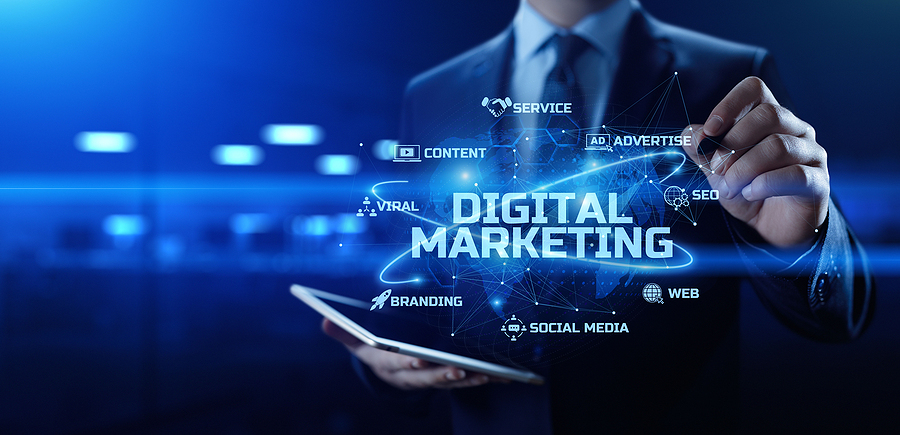
This Digital Marketing Certification Course will turn you into a complete digital
marketer with competence in significant domains such as SEO, social media,
PPC, conversion optimization, digital analytics, content, mobile, and email
marketing.
Learn the latest technologies, work on real-world projects, and attend
Masterclasses from the Facebook team to become industry-ready.
For a good reason, digital marketing and inbound marketing are frequently
conflated.
The majority of the same techniques that are used in inbound marketing are
used in digital marketing, including email and web content, to mention a few.
Both exist to attract prospects’ attention and convert them into customers
during the buyer’s journey.
However, the two systems have opposing viewpoints on the tool-goal
relationship.
Each tool in digital marketing is evaluated for its ability to convert prospects.
A company’s digital marketing strategy may include numerous channels or
focus solely on one.
Inbound marketing is a broad term that encompasses a variety of strategies.
It starts with the aim, then examines the available tools to see which ones will
effectively reach target clients, and finally, when the step of the sales funnel
should occur.
The essential thing to understand about digital marketing and inbound
marketing is that you do not need to pick between the two as a marketer.
They are most effective when they are working together.
Inbound marketing gives structure and purpose to digital marketing
operations, ensuring that each digital marketing channel is working toward a
common goal.
On the other hand, Digital marketing empowers you to target a highly
particular audience and send customized, high-converting marketing
communications to that audience.
For example, you may use social media’s targeting features to offer social
media ads to a specific demographic based on criteria like age, gender,
geography, hobbies, networks, or behaviors.
You might also use PPC or SEO methods to target visitors who have
expressed interest in your product or service or who have searched for
specific keywords associated with your industry.
Finally, digital marketing allows you to undertake the essential research to
define your buyer persona and fine-tune your marketing plan over time to
ensure you are targeting the most likely to buy prospects.
Best of all, digital marketing enables you to target specific subsets of your
target demographic.
This strategy is beneficial if you sell various items or services to different
buyer personas.
Indeed, modern digital marketing is an extensive network of channels that
marketers require to integrate their brands. However, online advertising is far
more sophisticated than the channels themselves.
Marketers must delve deep into today’s vast and intricate cross-channel world
to identify methods that create an effect through engagement marketing to
realize the true potential of digital marketing.
The approach of building meaningful interactions with new and returning
customers based on the data you collect over time is known as engagement
marketing.
By engaging customers in a digital environment, you may increase brand
awareness, establish yourself as an industry thought leader, and position your
company at the top of the customer’s minds when they are ready to buy.
Marketers can earn valuable insights into target audience behavior while also
introducing new channels of client involvement by using an omnichannel
digital marketing strategy.
Companies should also expect to see an improvement in employee retention.
Organizations with outstanding omnichannel consumer engagement
strategies maintain an average of 89 percent of their customers, according to
a report by Invesp, compared to companies with inadequate omnichannel
programs, which keep only 33 percent of their customers.
The evolution of digital marketing is inextricably linked to the advancement of
technology.
Ray Tomlinson delivered the first email in 1971, and his technology provided
the platform for users to transmit and receive information over multiple
machines.
However, the year 1990 is more often recognized as the beginning of digital
marketing because it was then that the Archie search engine was built as an
index for FTP sites.
Computer storage capacity was already large enough in the 1980s to store
large volumes of consumer data.
Companies began to choose internet approaches like database marketing
over limited list brokers.
The phrase “digital marketing” was initially coined in the 1990s.
Customer Relationship Management (CRM) software became an essential
component in marketing technology by introducing server/client architecture
and the ubiquity of personal computers.
Vendors were pushed to add more services to their software due to fierce
rivalries, such as marketing, sales, and service applications.
After the Internet was born, marketers could also use eCRM software to
possess massive online customer data.
Companies could gain the priority of their customers’ experiences by updating
consumer data.
